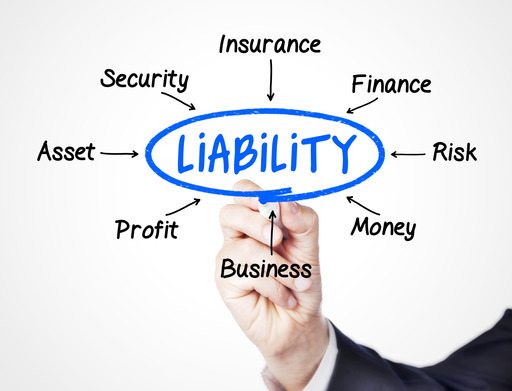Liability in slip and fall cases is often difficult to prove. However, the National Floor Safety Institute reveals some alarming statistics: Broken bones are the most common injuries, and more than 1,000,000 people visit the emergency room every year because of wounds sustained during a slip a fall. Many victims never recover fully, and they must endure a lifetime of pain and discomfort.
If you suffered an injury on another person’s property – especially if that person should have known about the hazard – then you may be entitled to compensation to pay for medical bills, lost wages and other damages. An injury attorney in Albuquerque can guide you through the claims process. Call the Law Office of Brian K. Branch, PC at 505-207-4401 to find out if you may have valid grounds for a lawsuit.
Until then, here are seven situations that often lead to slip and fall injury claims:
- Hazards on the Floor
Slippery substances are among the most common causes of injuries in Albuquerque stores. Customers frequently slip on vegetables, spilled liquids and other items that do not belong on the floor.
The store may claim another customer spilled the substance between cleaning intervals. Your attorney may be able to gather evidence to disprove this argument or render it invalid.
- Insufficient Warning of a Slippery Floor
Responsible proprietors will warn customers about slippery floors, usually with an eye-catching sign. They must also warn of cleaning in progress and other possible dangers. New Mexico law obligates proprietors to warn patrons of slippery floors.
- Structural Tripping Dangers
Unusual stairs, uneven cracks in the cement, objects half buried in the ground, ramps without handrails and sleep slopes are examples of tripping hazards.
- Lack of Handrails
Proprietors must build handrails for customers to use near ramps, stairs and steps. Proprietors are responsible for preempting any potential accidents with handrails. Customers must be able to grab them if they become unsteady.
- Insufficient Lighting
If people cannot see danger ahead, then the risk of a fall increases. Property owners must install lights so customers can see ramps, warning signs, slippery floors and other tripping hazards. The law obligates storeowners to provide adequate lighting.
- Insufficient Surface Protection
New Mexico law stipulates that dangerous surfaces require protection. For example, a child that falls off a trampoline should not suffer a serious injury. To minimize accidents, children must fall onto a soft surface, and dangerous equipment requires fencing off and padding.
- Excessive Slipperiness of Floors
Engineers can actually measure a floor’s slipperiness in both dry and wet conditions. Storeowners must invest in tiles that have ridged or roughened surfaces, especially around pools and store entrances.
Some tiles are excessively slippery, but ridges will provide a grip for shoes when the tiles become wet. If a storeowner chooses to use mirror-like, slippery tiles, then he or she may be liable for any injuries that result from someone slipping on them.
If you suffered an injury due to a slip and fall, then you should file an incident report as soon as possible. An early incident report can validate any injuries that become evident later.
To find out who is liable for your slip and fall, discuss your case with an injury lawyer. The Law Office of Brian K. Branch, PC is available at 505-207-4401 to evaluate your potential claim.




